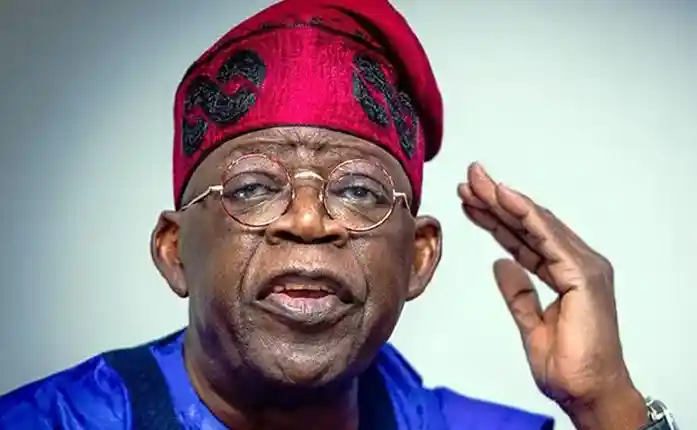President Bola Ahmed Tinubu’s first month in office has been marked by significant progress and substantial reforms in the nation’s economy. Tinubu was inaugurated as the 16th President of Nigeria on May 29, and as of Thursday, June 29, he completed his first month in office.
Evaluation of Tinubu’s One Month in Office.
The initial days of his presidency have been eventful and filled with both commendable decisions and some that appear to be driven by self-interest rather than the welfare of Nigerians. In his inaugural speech, Tinubu made various promises, including a commitment to govern in the best interests of the Nigerian people. He emphasized that his administration would govern on behalf of the people, consulting and dialoguing rather than dictating.
Now, 30 days into his presidency, several critical decisions have been made by Tinubu, some of which have sparked controversy and garnered reactions from the public.
This article highlights some of these decisive steps and their implications.
1. Removal of Fuel Subsidy.
During his inauguration on May 29, Tinubu announced the discontinuation of the petroleum subsidy regime, citing its absence in the current 2023 budget. This declaration led to fuel hoarding by filling stations and resulted in queues at some stations and subsequent price hikes.
The removal of the subsidy has caused a lot of untold hardship and pain for Nigerians. Many Nigerians are now finding it difficult to feed due to inflation and the high cost of transportation resulting from the subsidy removal.
2. Suspension and Arrest of CBN Governor, Godwin Emefiele.
Less than two weeks after assuming office, President Bola Tinubu suspended the Central Bank of Nigeria (CBN) Governor, Godwin Emefiele, pending an investigation into the affairs of the apex bank. Shortly after the suspension, Emefiele was taken into custody by Nigeria’s secret police, the Department of State Services (DSS).
3. Suspension of EFCC Boss, Abdulrasheed Bawa.
Within his first 16 days in office, Tinubu ordered the suspension of Abdulrasheed Bawa, the chairman of the Economic and Financial Crimes Commission (EFCC), due to serious allegations related to his position. On the same day, the DSS announced that Bawa had honored an invitation for investigation.
4. Naira Floating and Unification.
Approximately two weeks ago, Tinubu’s commitment to monetary policy reforms, particularly the establishment of a unified exchange rate for Nigeria, materialized as the Central Bank of Nigeria (CBN) floated the naira, allowing market forces to determine the exchange rate.
5. Retirement and Appointment of Service Chiefs.
On June 19, President Tinubu approved the immediate retirement of all service chiefs and the Inspector-General of Police, as well as the appointment of their replacements. Additionally, he renamed Nuhu Ribadu as the National Security Adviser (NSA), a week after appointing him as a special adviser on security matters.
6. Appointment of Special Advisers.
On June 5, the president named eight special advisers, including Nuhu Ribadu, a former chairman of the EFCC, who was later appointed as the NSA. Dele Alake, a former Lagos commissioner for information, was appointed as special adviser for special duties, communications, and strategy. Wale Edun, a former Lagos commissioner, was appointed as special adviser on monetary policies.
Why Tinubu Still Holds His Green-Back Passport
In another report, President Bola Ahmed Tinubu revealed that he continues to hold his green-back passport, emphasizing that Nigerians should not become refugees in other countries.
Tinubu’s Mysterious Revelation about Subsidy and Others
President Bola Tinubu disclosed that he had the opportunity to perpetuate Nigeria’s economic downfall by continuing fuel subsidy payments. He made this mysterious revelation on June 29 during a reception organized by the Lagos State government, emphasizing that the subsidy is detrimental to the country’s economy and should never be allowed to persist, regardless of the circumstances.
Send a me











student loan nko